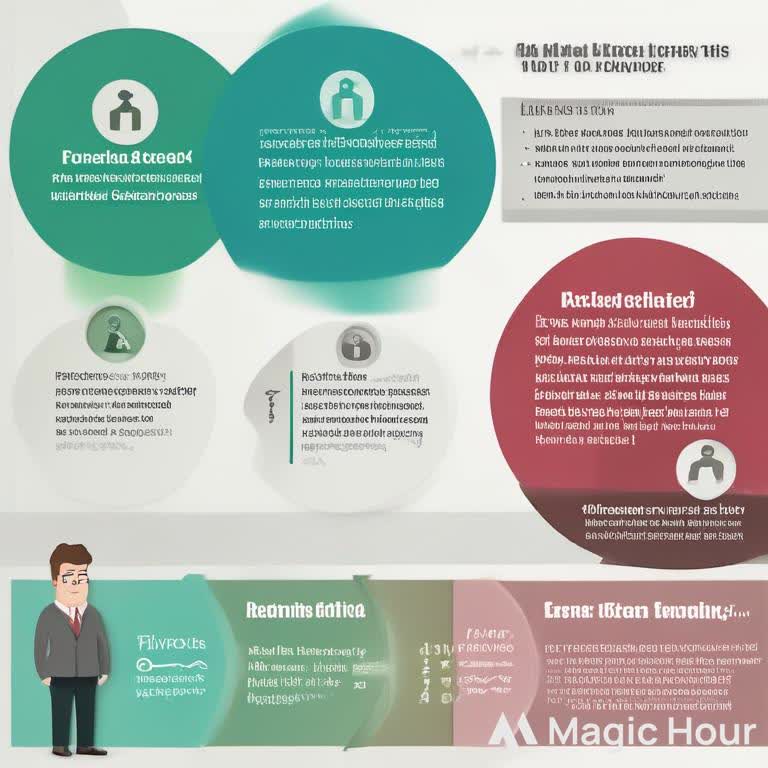Experiencing a job loss can be a significant emotional and financial challenge. How you manage your finances during this period can greatly impact your financial stability and overall well-being. This blog provides valuable strategies and tips to help you navigate your finances after a job loss, ensuring you maintain control and work towards recovery.
1. Assess Your Financial Situation
The first step in managing your finances after a job loss is to take a thorough assessment of your current financial status.
- Calculate Your Savings: Review your savings accounts to determine how long you can cover your essential expenses with your current funds. Include emergency funds, checking accounts, and any other liquid assets.
- List Your Expenses: Create a detailed list of your monthly expenses, including rent/mortgage, utilities, groceries, and any debts. This will help you understand your financial needs and identify areas where you can cut back.
SEO Tip: Use keywords like “assessing financial situation after job loss” and “calculating emergency savings” to attract readers seeking practical advice on managing finances during unemployment.
2. Create a Budget and Cut Unnecessary Expenses
Developing a budget and reducing discretionary spending are crucial for maintaining financial stability.
- Adjust Your Budget: Based on your current financial situation, create a budget that prioritizes essential expenses. Allocate funds for necessities like housing, utilities, and food while temporarily reducing non-essential expenses.
- Identify Savings Opportunities: Look for areas where you can cut costs, such as dining out less, canceling subscriptions, or postponing non-essential purchases.
SEO Tip: Include terms like “budgeting after job loss” and “cutting expenses during unemployment” to engage readers looking to optimize their spending.
3. Explore Unemployment Benefits
Unemployment benefits can provide temporary financial relief while you search for a new job.
- Eligibility and Application: Check if you qualify for unemployment benefits based on your work history and state regulations. Apply as soon as possible to start receiving benefits.
- Supplemental Assistance: Investigate other assistance programs, such as food stamps or housing assistance, if you need additional support.
SEO Tip: Use phrases like “applying for unemployment benefits” and “state unemployment assistance” to attract readers interested in financial support options.
4. Communicate with Creditors and Lenders
Managing your debts during unemployment is essential for avoiding financial strain.
- Contact Creditors: Reach out to your creditors and lenders to inform them of your situation. Many may offer temporary relief options, such as deferred payments or reduced interest rates.
- Explore Hardship Programs: Inquire about hardship programs or payment plans that can help ease your financial burden during this period.
SEO Tip: Keywords like “communicating with creditors” and “debt relief during unemployment” will engage readers seeking solutions for managing debts.
5. Review and Adjust Your Insurance Coverage
Evaluate your insurance needs and adjust your coverage to align with your current financial situation.
- Health Insurance: If you lose employer-provided health insurance, explore alternatives such as COBRA, marketplace plans, or government programs like Medicaid.
- Other Insurance: Consider adjusting other insurance policies, such as auto or life insurance, to reduce premiums while still maintaining adequate coverage.
SEO Tip: Include terms like “health insurance after job loss” and “adjusting insurance coverage” to attract readers concerned about managing insurance during unemployment.
6. Build an Emergency Fund
If you haven’t already, focus on building an emergency fund to provide a financial cushion for unexpected expenses.
- Allocate Funds: Use any available funds to create or enhance your emergency savings. Aim to have at least three to six months’ worth of living expenses set aside.
- Savings Goals: Set up automatic transfers to your savings account to consistently build your emergency fund, even if it’s in small increments.
SEO Tip: Use phrases like “building an emergency fund” and “saving for financial security” to attract readers focused on strengthening their financial safety net.
7. Consider Temporary or Part-Time Work
While searching for a new full-time position, consider temporary or part-time work to supplement your income.
- Freelancing or Gig Work: Explore freelance opportunities or gig economy jobs that can provide additional income and flexibility.
- Part-Time Positions: Look for part-time jobs that align with your skills and interests, which can help bridge the gap while you search for a permanent role.
SEO Tip: Include keywords like “temporary work during unemployment” and “gig economy jobs” to engage readers seeking additional income sources.
8. Seek Professional Financial Advice
Consulting with a financial advisor can provide personalized guidance and strategies for managing your finances during unemployment.
- Financial Planning: A financial advisor can help you create a tailored plan to manage your budget, reduce debt, and make informed financial decisions.
- Debt Management: Advisors can offer strategies for managing and paying off debt more effectively during this challenging time.
SEO Tip: Use terms like “financial advisor during unemployment” and “professional financial advice” to attract readers seeking expert guidance.
9. Focus on Job Search and Career Development
While managing your finances is crucial, also focus on your job search and career development to increase your chances of finding new employment.
- Update Your Resume: Revise your resume and LinkedIn profile to reflect your most recent experiences and skills.
- Network and Apply: Engage in networking opportunities, attend job fairs, and apply for positions that align with your career goals.
